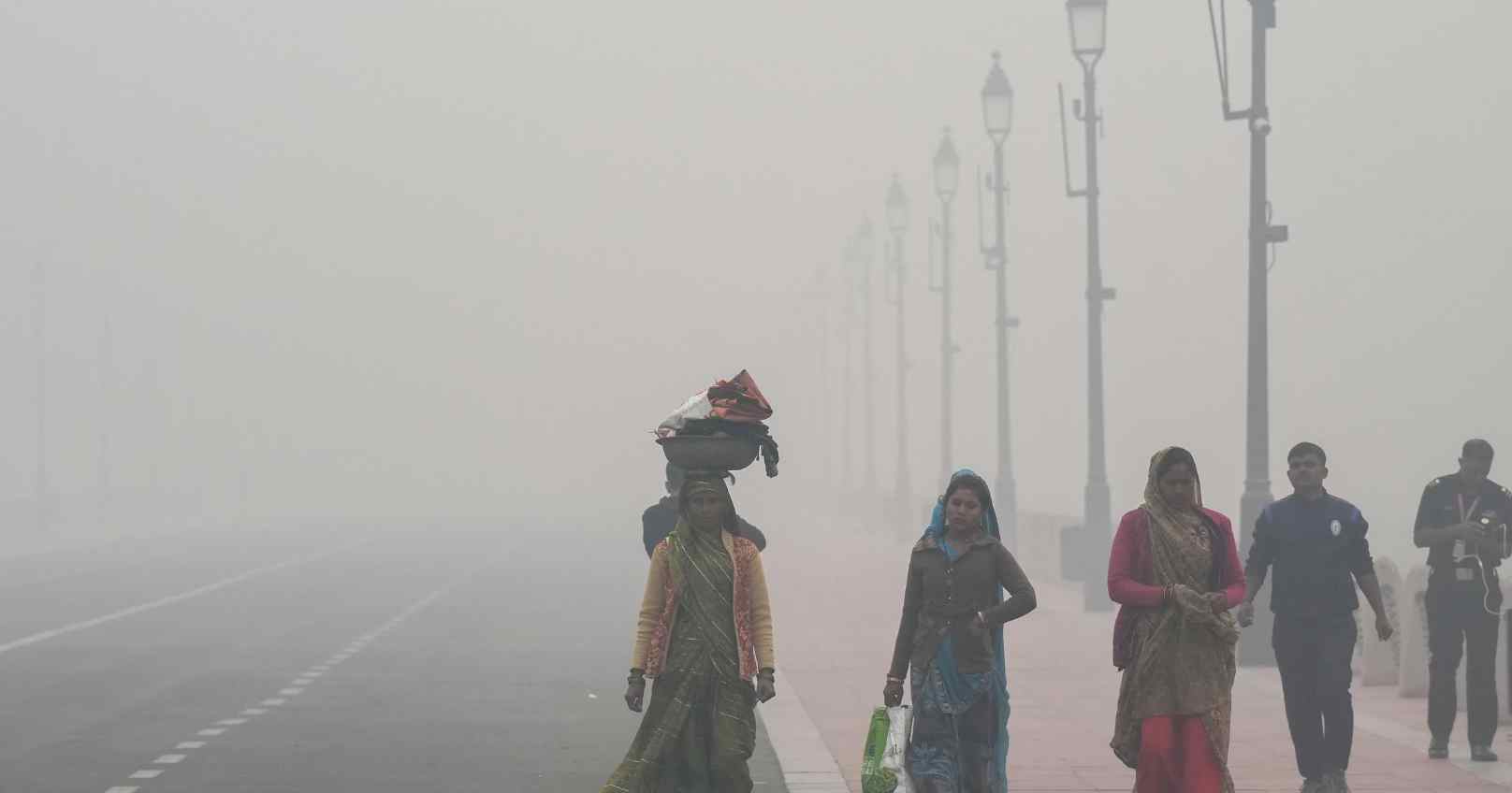On Tuesday, Delhi Environment Minister Gopal Rai wrote to Prime Minister Narendra Modi, urging the central government to intervene and authorize the use of artificial rain to combat the capital's worsening air pollution. Rai emphasized that the persistent smog in North India had reached emergency levels, with Delhi experiencing the highest pollution levels in the country.
“This is a medical emergency, and artificial rain is the only solution to clear the smog,” Rai said, addressing the media. He further stressed that PM Modi has a moral responsibility to take action, urging the Centre to implement measures to control the pollution.
Rai's comments came as Delhi's Air Quality Index (AQI) spiked to a hazardous 494 in the ‘severe plus’ category, with several air monitoring stations recording levels above 500. Despite the implementation of the strictest Graded Response Action Plan (GRAP) IV restrictions, the city's air quality remained dangerously high.
Rai also criticized Union Environment Minister Bhupendra Yadav, claiming that despite sending four letters over the past few months, he had not convened a meeting on the possibility of using artificial rain to address the pollution. “PM Modi should instruct his Environment Minister to arrange a meeting on artificial rain and either provide a solution or a clear path forward,” he said, adding that if the Centre could not act, Yadav should step down.
On the measures already implemented by the Delhi government, Rai outlined steps to reduce pollution, including a ban on BS-III petrol cars and BS-IV diesel vehicles, as well as restrictions on trucks and diesel buses entering the city. Schools for classes 10 and 12 have been closed, and office timings have been staggered to reduce traffic congestion. Rai also mentioned that the Delhi government is considering implementing a work-from-home policy and exploring the odd-even vehicle scheme, although experts suggest that reducing the number of vehicles would be most effective once the smog clears.
Rai’s call for artificial rain came one day after the Supreme Court of India directed authorities in Delhi-NCR not to ease the Stage 4 pollution restrictions under the GRAP, even if the AQI drops below 450. The Court also raised concerns about the delay in implementing more stringent measures to tackle air pollution.
What is Artificial Rain?
Artificial rain, also known as cloud seeding, involves dispersing substances like silver iodide, potassium iodide, or dry ice into the atmosphere to stimulate rain or snow formation. The process typically takes about 30 minutes to produce rain.
In November 2023, the Delhi government approached the Supreme Court about the possibility of artificial rain to improve air quality. The Court advised the AAP government to approach the Centre for approval.







